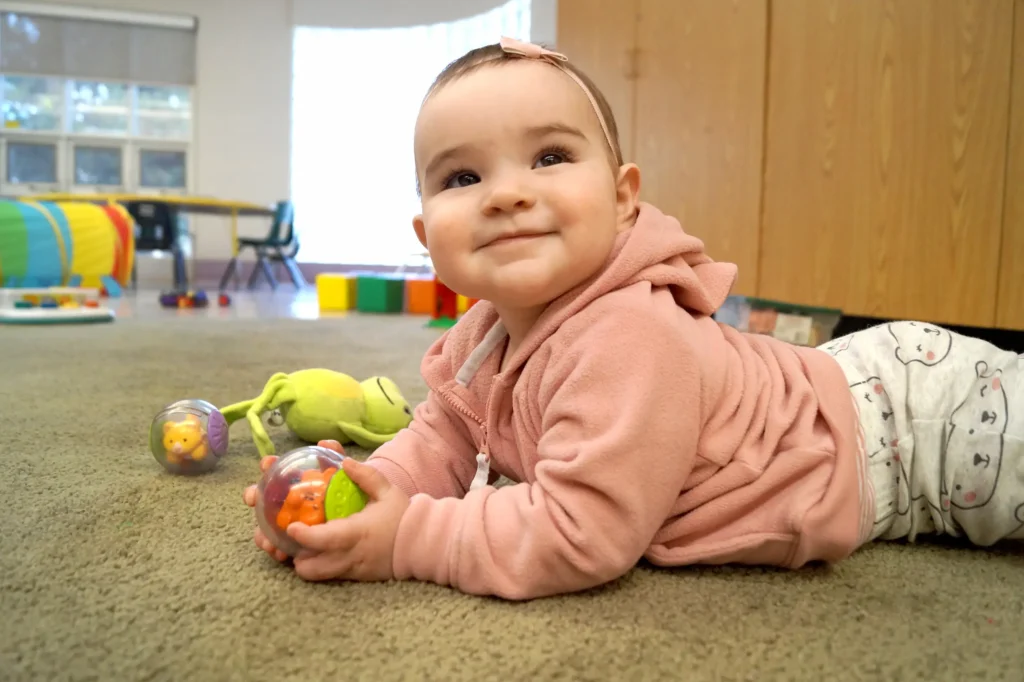Improving Health Outcomes
At KidsAbility, we believe that being on a waitlist shouldn’t mean being left in the dark. We’re reimagining the whole waitlist experience with our innovative Early Engagement Project. By partnering with families, we’re transforming the way they navigate waiting and ensuring they have the support and tools they need during this time.
Problem
The demand for children’s rehabilitation services continues to grow. Unfortunately, this surge in demand has led to a substantial waiting period before children and their families can access the vital services they require. Families are left feeling stranded, and the frustration is undeniable. In fact, when we surveyed families, a whopping 100% said the wait was simply too long. But here at KidsAbility, we don’t believe in just accepting the status quo. Our Intake Coordinators, who are often the first point of contact for families, have witnessed firsthand the stress and anxiety that comes with waiting. That’s why we’ve decided to take action and redefine what it means to be on a waitlist.
Solution
Our solution is rooted in our unwavering commitment to family-centered care. We understand that emotional and educational support is crucial for families during the waiting period. So, we launched the ground-breaking Early Engagement Project, inspired by insights from our dedicated front-line staff. By collaborating closely with parents and families, we’re designing a program that offers emotional and educational support to those on the waitlist. If we’re successful, families will no longer have to feel alone or helpless during the waiting period. They’ll be provided the tools, resources, and connections they need to be a partner in their child’s treatment journey. The Early Engagement Project aims to support families from day one, allowing them to make progress and nurture their child’s development while they wait.
Benefits
“By deepening our partnerships with families and providing tools and resources to support their child, many families and caregivers, can and will, start interventions at home while they wait.” – Gabrielle Shiry, Intake Program Manager
These interventions hold the power to alleviate family stress, thwart the advancement of their child’s condition, enhance outcomes for their child, and foster a sense of connection and support from the moment of referral to KidsAbility. The early engagement project is scheduled to launch into its pilot phase as of June 2023. Stay tuned for updates!
Our Rocket Crew
About KidsAbility
KidsAbility™ empowers children and youth with special needs to realize their full potential.
We support over 14,000 children and youth to reach their communication, social, physical and behavioural goals each year. Using a blended model of virtual and in-person services, at KidsAbility, we help children, youth and families to achieve great things at home, at school and in their community.
Demand for our services continues to exceed the resources available. The Rocket Discovery Centre is a symbol of our commitment to children and families that no child in our community will be left behind. Donations support life-changing therapy, innovative programs and the latest technology. Your support helps a child benefit sooner to say their first words, take their first steps, hold a pencil or spoon or even learn how to make a new friend and participate fully in our community. Together, we can achieve this.



